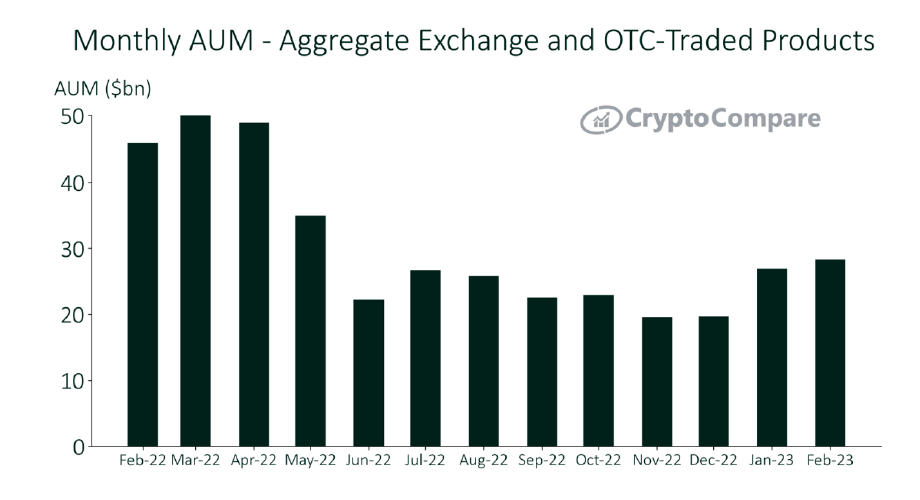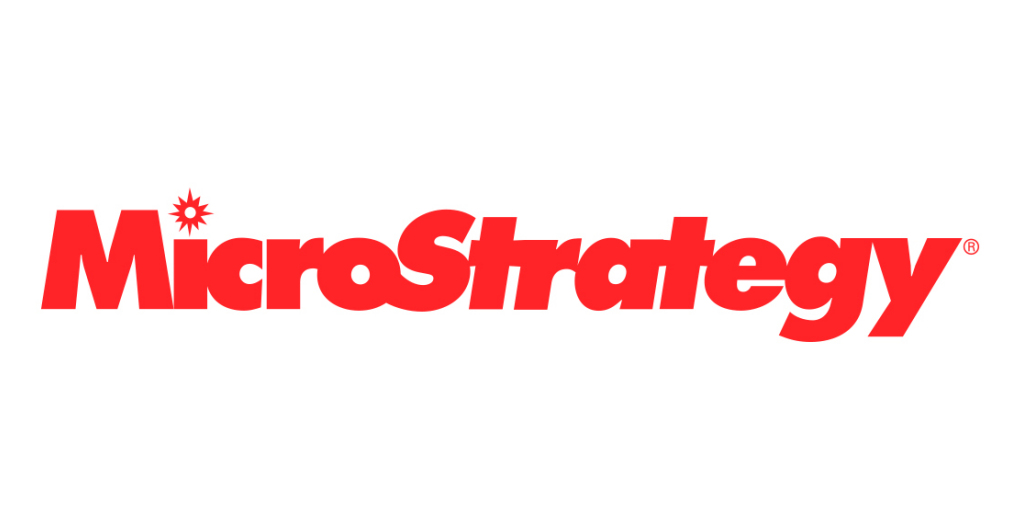The cryptocurrency market has witnessed remarkable growth and maturation over the past decade, attracting increasing interest from institutional investors. As the market capitalization of digital assets surpassed $1 trillion in 2021, financial institutions, hedge funds, and corporations have sought ways to gain exposure to this burgeoning asset class. However, their large trade sizes often exceed the liquidity available on traditional call markets and cryptocurrency exchanges. This is where crypto over-the-counter (OTC) trading desks have emerged as a crucial solution, facilitating secure and efficient large-volume transactions while mitigating market impact.
What are Crypto OTC Desks?
Crypto OTC desks are private trading platforms that enable direct transactions between two parties – buyers and sellers of cryptocurrencies like Bitcoin (BTC), Ethereum (ETH), and altcoins. Unlike public crypto exchanges, OTC trade trades are conducted away from order books, providing privacy and minimizing market impact. These desks essentially act as matchmakers, connecting buyers with sellers willing to transact at a mutually agreed price.
According to data from Arcane Research, the OTC market for cryptocurrencies is estimated to process trades worth billions of dollars daily, catering crypto trading, primarily to institutional and high-net-worth individual clients.
How Do Crypto OTC Desks Work?
There are two primary types of OTC desks:
Principal Desks
These desks use their own capital to facilitate trades. When a buyer requests a quote, the principal desk provides a market price, based on market conditions and their liquidity sources. If accepted, they source the required cryptocurrency and deliver it to the buyer as per the agreed terms and legal contract.
One of the largest principal OTC crypto trading desks is Genesis Trading, which facilitated over $116 billion in crypto trades in 2021 alone.
Agency Desks
Agency desks don’t take positions themselves but rather act as intermediaries, matching buyers and sellers for a brokerage fee. They facilitate negotiations between the two parties and execute the trade once terms are finalized. Examples include firms like OTCXN and Cumberland.
F2F Desk
It is common to have F2F transaction at the officer seller or most of the time bank who is acting as a third party.
Key Benefits of Using Crypto OTC Desks
1. Privacy and Discretion

OTC trades are conducted privately, preventing broader market awareness of large transactions that could adversely influence prices. This is particularly crucial for institutional investors looking to execute sizeable buy or sell orders without tipping off the market.
2. Reduced Slippage and Volatility
By agreeing on a fixed price, OTC trades mitigate the risk of slippage (price deviations) and price volatility associated with exchange-based trading of large crypto orders. This ensures better pricing and execution for institutional players.
“Working with an OTC desk is the most efficient way to transact large volumes without moving the market. This allows us to prudently deploy capital into the crypto asset class.”
– Sino Global Capital, crypto hedge fun
3. Price Negotiation
Unlike crypto exchanges, cryptocurrency OTC desks allow for price negotiation, enabling buyers and sellers to reach mutually acceptable terms based on their risk appetites and market views.
4. Higher Liquidity
OTC desks can source liquidity from multiple channels, including their own inventory, market makers, and other counterparties. This enhanced liquidity facilitates large trades that on traditional exchanges may be difficult to execute on a single exchange.
5. Bypassing Trading Limits
Many crypto exchanges impose limits on trade sizes and withdrawals, which OTC desks can circumvent for institutional clients seeking to transact crypto assets in substantial volumes.
Managing Risks in OTC Trading
While OTC trading offers advantages, it also comes with potential risks that need to be carefully managed, primarily counterparty risk. Since transactions occur directly between two parties, there is a risk of one side defaulting or failing to fulfill their obligations.
To mitigate counterparty risk, it’s crucial to conduct thorough due diligence on the OTC desk’s reputation, track record market risk,, security measures, and regulatory compliance. Working with well-established, reputable desks that follow industry best practices and have robust risk management frameworks in place can help mitigate these risks.
“We have a rigorous vetting process for OTC counterparties to ensure they meet our strict compliance and security standards. This includes background checks, proof of reserves, and ongoing monitoring.”
– Galaxy Digital, Institutional Crypto Firm
Industry bodies like the Crypto OTC Reference Rates Working Group are also working to establish standards and best practices for OTC crypto trading to enhance transparency and risk management.
The Rise of Institutional Crypto OTC Trading
As cryptocurrency adoption accelerates, institutional investors like hedge funds, family offices, pension funds, and corporates are increasingly eager to gain exposure to digital assets. According to a survey by Fidelity Digital Assets, 70% of institutional investors plan to buy or invest in crypto exchange or digital assets in the near future.
However, their large trade sizes and high volume transactions often exceed the liquidity available on traditional cryptocurrency exchanges. OTC desks have emerged as a solution, enabling these institutions to execute substantial trades discreetly and efficiently while minimizing market impact.

Platforms like CoinSmart Premium, Galaxy Digital, and Genesis Trading cater specifically to institutional and high-volume individual clients, offering customized, OTC trading platforms and services, competitive pricing, dedicated account management, and enhanced liquidity.
OTC Case Study: MicroStrategy’s $425 Million Bitcoin Purchase In September 2020, business intelligence firm MicroStrategy made headlines by announcing the purchase of 16,796 Bitcoins worth $175 million at the time. This large transaction was followed by additional purchases totaling $425 million by June 2021.
To facilitate these large acquisitions without impacting market prices, MicroStrategy leveraged OTC trading desks like Coinbase Prime and NYDIG. By working directly with these desks, the company could execute its sizeable buy orders discreetly and still sell assets at competitive prices.

Frequently Asked Questions
What is the difference between OTC and exchange trading?
The key difference is that OTC trades happen directly between two parties away from public order books, while exchange trades are executed via centralized platforms with transparent order books.
Why do large investors prefer OTC trading?
Large investors like institutions prefer OTC to avoid tipping off the market about their large buy or sell orders, which could move prices against them. OTC allows discretion, better pricing, and reduced market volatility and impact for big trades.
Is OTC trading only for institutions?
No, while OTC desks cater primarily to institutional demand, some platforms like CoinSmart Premium also offer OTC services to high-net-worth individual investors looking to trade large volumes.
How is counterparty risk managed in OTC trading?
Conducting thorough due diligence on the OTC desk’s reputation, track record, security measures, and regulatory compliance is crucial. Working with well-established, reputable desks with robust risk management frameworks helps mitigate counterparty risk.
Conclusion
As the cryptocurrency market continues to evolve and mature, crypto OTC desks have become an integral part of the ecosystem, facilitating secure and efficient large transactions for institutional and high-net-worth investors. With institutional adoption of digital assets on the rise, the importance of OTC trading will only grow. Understanding the mechanics, benefits, and risks associated with crypto OTC desks exist and is crucial for anyone looking to navigate the world of large-scale cryptocurrency trading successfully. By leveraging the expertise and liquidity of reputable OTC trading venues, institutions can prudently gain exposure to this burgeoning asset class while managing risks and minimizing market impact.
